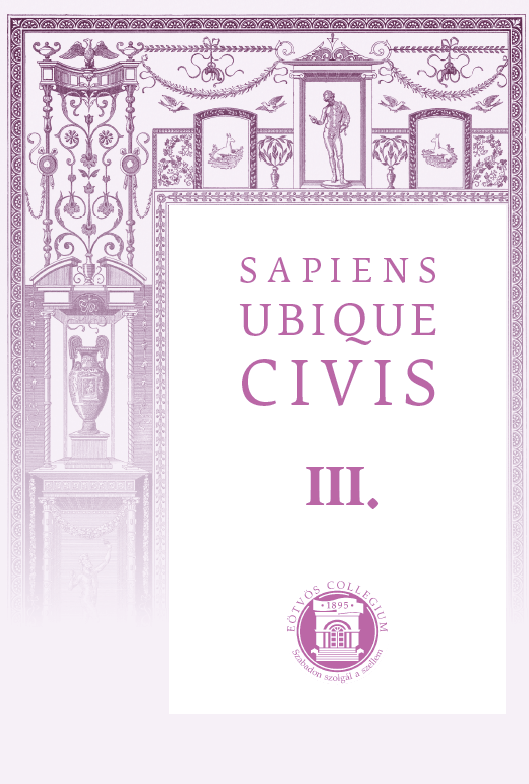The Paleographic Error: The Hellenistic Scholars’ Studies about Iliad 14, 241 and 21, 363
Main Article Content
Abstract
The skills and care by wich the Hellenistic scholarship studies the Homeric text are well-known by scholars. Despite several researches concerning the methodology of Alexandrian scholars (διόρθωσις) have been published in the last decades, the Hellenistic studies about the paleographic error produced by copyists in delivering the Homeric text has not been studied and relevant essays on the subject are lacking. In order to clarify the method adopted by Hellenistic scholars to acknowledge and emend the paleographic errors in the Homeric texts, I have taken into account their exegesis on Il. 14, 241 and Il. 21, 363. As regards Il. 14, 241 I have studied two scholia handed down by the manuscript tradition and reaching back to the exegesis of Porphyry and Herodianus; on the other hand, as concerning Il. 21, 363 I have analysed two scholia handed down by the manuscript tradition and the P. Oxy. 221 (2nd century AD) which gives us information about the book 21 of the Iliad. The aim of my research is: (1) supporting the thesis about the Hellenistic scholars’ skills in working on the Homeric text; (2) studying how the acknowledgement of the paleographic error is used in order to restore the Homeric text; (3) showing how in the Hellenistic age this exegetical method has been adopted by several scholars.

